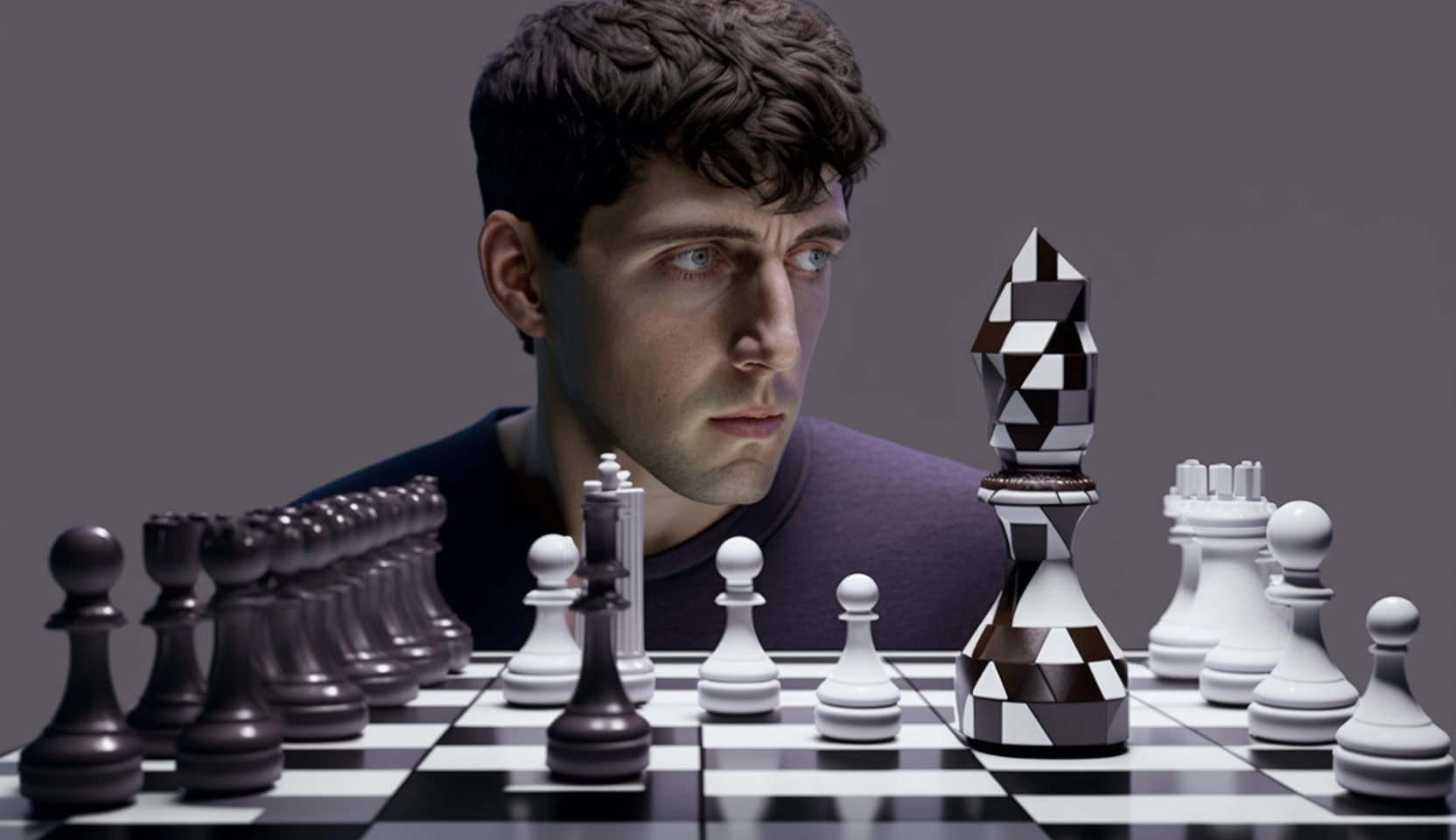Update: Oct 2025
I guess as a surprise to nobody, OpenAI has now converted to a largely for-profit entity:
Under the new structure, the OpenAI Foundation will own 26% of the for-profit, with a warrant for additional shares to be granted if the company continues to grow. Microsoft, an early investor in OpenAI, will hold a roughly 27% stake, valued at about $135 billion, with the remaining 47% held by investors and employees.
So this is crafted to look like the original intent, but is really a Jedi mind trick that allows investors to receive unlimited returns. As you can see, if the Foundation is for the world, Microsoft will still get more ownership than the world.
There is a lot of background to this of which the multi-polar traps I mentioned back in 2023 (see below) are indeed being played out now on an international scale. Whilst massive investment in US companies like OpenAI, Anthropic, Google and also US Government support in datacentres such as Stargate project, Chinese startups are being supported by their government. It’s fully reasonable that the US gov will deepen support (possibly when AGI/ASI investment falters in 2026) in a manner akin to the WW2 Manhatten Manhattan Project.
Much waxing philosophical has been made about organisations in a post-capitalist world, Daniel Schmachtenberger and Jordon Hall (Greenhall) are two names that spring to mind weaving complex dances around what such a world would look like and barriers to manifest it.
Two of the biggest barriers to Game-B are the “winner-takes-all” and “multi-polar traps” (I’ve linked for brevity).
So it was intriguing to listen to Sam Altman’s interview with Lex Fridman and hear OpenAI’s approach to be winner in Generative AI but NOT winner-take-all:
- a foundation is the ultimate beneficiary of the surplus revenues
- the corporation that makes the money has shareholders – the catch is that their returns are capped at 100x their investment, the surplus goes to the foundation
- the foundation will likely distribute wealth to the broader population via something like UBI. Sam indicates that GPT will help in the decision-making process.
- decisions have been made to withhold source code, so that China can’t access and accelerate
- decisions have been made to share with some entities.
By no means perfect or resilient to leaks or defectors it does demonstrate a balancing of incentives without going full post-capitalism.


